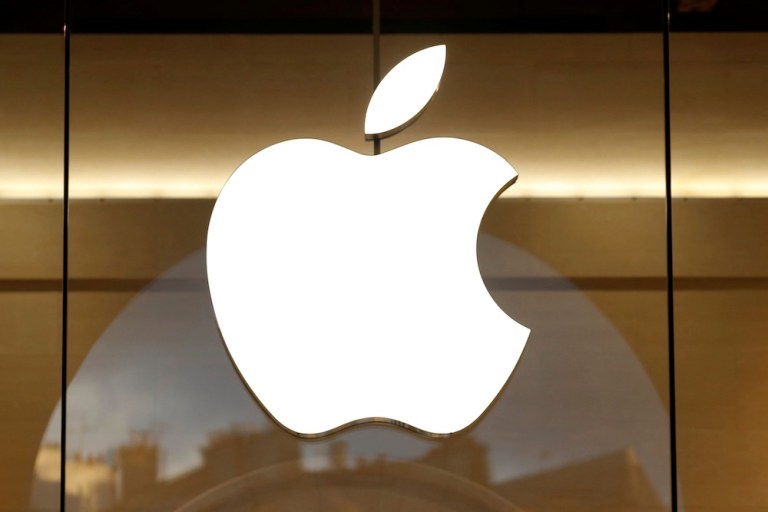
Apple has seen Bank of America Merrill Lynch join a growing list of Wall Street firms that are lowering their shipment forecasts for iPhones this year.
According to a report in CNBC, the firm cut its forecast by 11 million for 2017, saying it expects delays for the launch of the new devices, including the iPhone 8. “Our conversations with the Supply Chain suggest that the iPhone 8 will ship 3-4 weeks delayed given technological issues which Apple and its suppliers are working through,” analysts Wamsi Mohan and Stefano Pascale said in a report. The analysts, who kept their buy rating on the stock, said they think problems with the fingerprint and 3D sensors are causing the delay. Apple hasn’t said when the iPhone 8 will launch, but it typically rolls out a new iteration of its flagship device in September.
For the September quarter, Bank of America Merrill Lynch lowered its shipment expectations by 11 million and 6 million for the December quarter. For its fiscal year 2017 it expects shipments to be down 11 million, to 208.1 million compared with a year-ago. The analysts predict a selloff in shares will come because of the delay, presenting a buying opportunity for investors. Looking beyond this year, Bank of America Merrill Lynch upped its shipment estimates for March of 2018 by 10 million, expecting the number of iPhones shipped in 2018 to reach 243 million.
The call on the part of Bank of America Merrill Lynch comes a day after Deutsche Bank weighed in on Apple’s iPhone prospects, saying in a research note Wall Street is getting too giddy with its expectations. The Wall Street firm warned that Apple is facing a regular upgrade cycle and not the so-called “supercycle” that others on Wall Street have been discussing. “The real supercycle was the iPhone 6 and iPhone 6 Plus cycle,” Deutsche Bank said in an interview covered by CNBC. “That cycle saw peak iPhone shipments of 231 million in FY-15.” Deutsche Bank is forecasting Apple to ship around 230 million iPhones in fiscal year 2018, below the consensus which stands at 244 million units shipped. The Wall Street bank said expectations for Apple’s prospects are too high, and investors will undoubtedly be disappointed with the iPhone growth from fiscal year 2018 to fiscal year 2019.